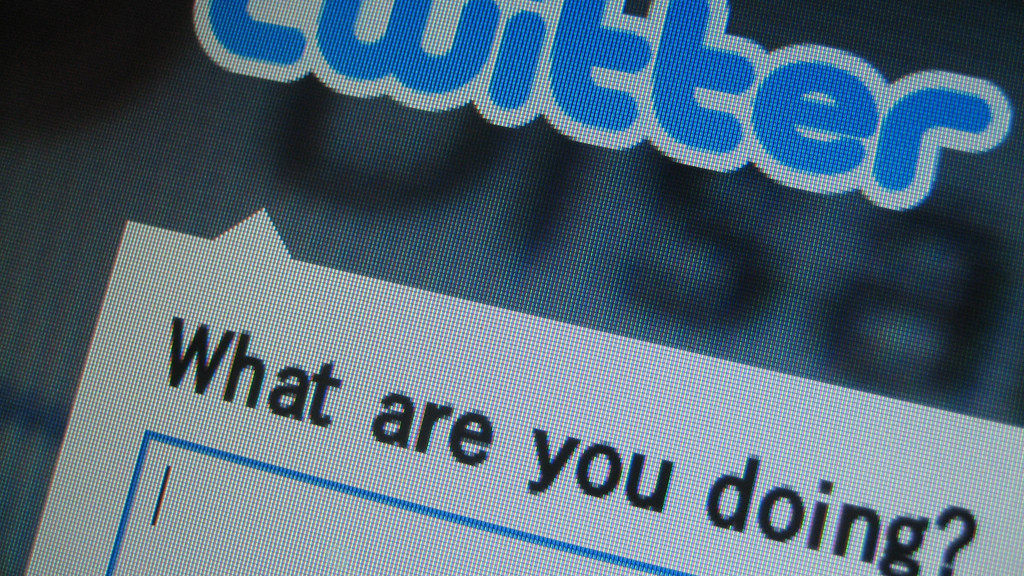S-money, you know? I'm not sure. S-money is a device for transferring money and paying via your smartphone. Developed by the BPCE Group since 2011, this mobile application is not limited to the payment of small sums at its merchant. In its pro version, it also presents itself as a payment platform, valid as much for remote payment, crowdfunding, as proximity payment.
It is therefore a mobile application, completely free and facilitating digital transactions. But since the beginning of 2015, S-money, usable regardless of your bank, has been linked to Twitter. It is now possible to send money to someone through a simple Tweet…
All you have to do is type the hashtag @SmoneyFR, followed by the send (sum) and finish with your correspondent's Twitter address. Simple, practical, efficient, and apparently well secure. And in the end, money becomes a text like any other…
A new way of doing things
If the process has enough to seduce a whole game (geek?) people, it raises questions about the true value of money. While we are told for a long time that we have to work for hours in psychological conditions sometimes very precarious, to be able to claim a salary of misery, everything is done, on the other hand, to show us that money is only a virtual game that we can address to each other as if we were sending each other a selfie the day after cooking.
Philosophically, that's a problem. Because the digitization of money, and thus the virtualization of it, tends to show every day that money no longer has value in itself. The examples are daily and very numerous. The first of these comes from your bank and the money creation process. In fact, money is created by debt. Every time you borrow from your bank, your bank creates the money. It does not borrow it elsewhere, contrary to what can be heard here and there. And, when you repay, the bank cancels the capital created, and retains the interest, which happens to be the new currency.
Valuation based on indices
Without going into the details of market games, debts (non-existent virtual money) are valued according to indices, and allow the creation of money, or at least values associated with everyday consumer goods and raw materials, such as oil, rice or wheat. So much so that it no longer makes sense.
But until now, this monetary dematerialization has only affected the markets. From now on, we will have to deal with it also in our daily lives. And all the more so since all governments in the Western world are gradually opting for a reduction in the possibilities of withdrawal and cash payments. Indeed, payment ceilings are steadily lowering, under the guise of combating tax evasion, parallel markets (understand, uncontrolled markets) and black work.
Welcome to a world where even money is no longer valuable…
In all this novelty, there is still a major gap that is that of the fraudulent use of a Twitter account.

